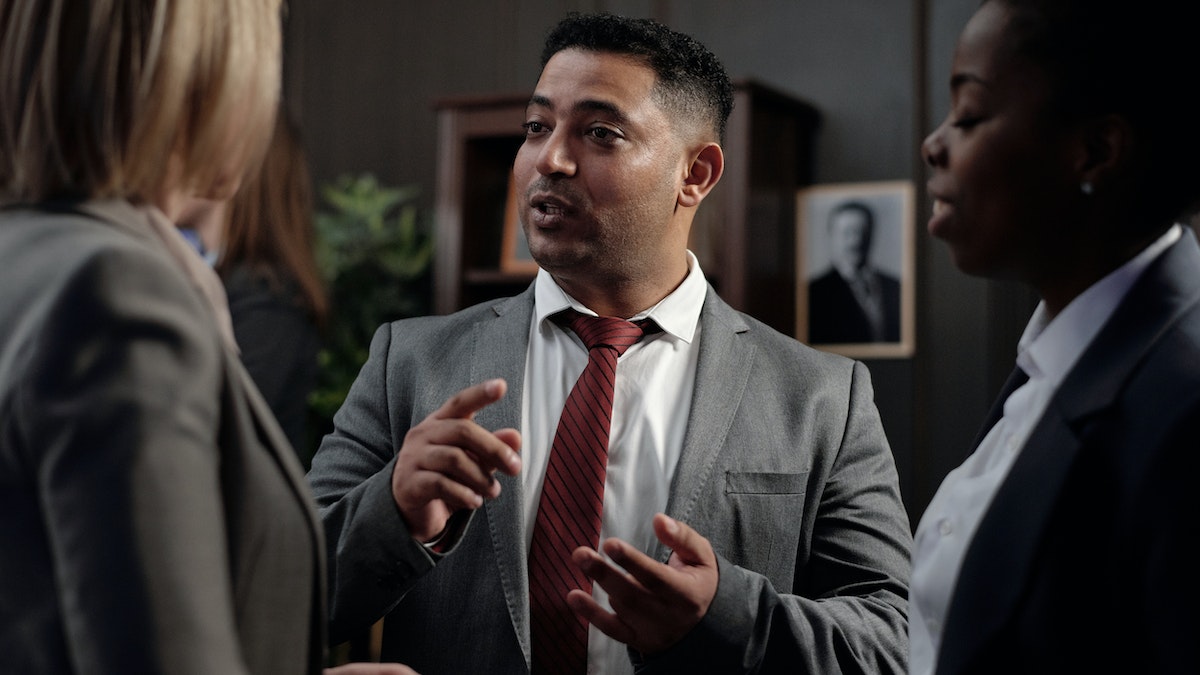Navigating change for your children always brings a range of challenges to overcome. Parents strive for the least disruption, but sometimes life throws a curveball, and it is simply not possible to carry on with the life they are accustomed to. When divorce is on the cards, it is natural to wonder how this may affect all of the family. It is possible to create a transitional period that minimizes stress and makes them feel supported, loved, and nurtured. Keep reading to find out how.
Table of Contents
Keep it an Open Discussion
The best thing you can ever do for a child facing a big life change is to keep them in the loop. The conversation must always be age-appropriate, but there are the right words there if you know how to find them. Read all of the books, talk to as many professionals as you feel you need to, and help them through this by talking to them and supporting them to use their voice too. An open discussion is superior to a closed door.
Handle Custody Agreements Properly
Custody will always be a major point of discussion during divorce proceedings. Get to know the state’s duty in child custody cases so that you have all the facts, and do not be afraid to ask your attorney any questions that pop into your head. This bit should always have the children as the core focus, and it is their well-being that will be brought into consideration at every point of negotiation. Act in good faith and think about what they will need in the years yet to come.
Minimize the Changes
The separation of their parents is change enough. Therefore, advocating for minimal impact in all other areas of their life is a necessity that must be enforced as far as possible. This means avoiding selling up the family home unless you absolutely have no other choice, and trying to keep them in the same school so they don’t have a new group of friends to make as well.
Talk to School
Pick up the phone or fire off an email to school and let them know the basics of the big change ahead. Giving them a heads up will enable learning leaders to keep a watchful eye on any behavioral or performance fluctuations and provide them with background and therefore, much needed understanding if their work or conduct is negatively impacted.
Regulate Yourself
It can be incredibly difficult, as adults in a tense situation, to regulate emotions sufficiently around the children. However, if you are able to find a way, then it is one of those non-negotiable things that must be embraced for their well-being. Whether you find the means through therapy, or by ensuring a regular self-care ritual, controlling the tension and anger will make your young people feel safe and secure in a time when they will naturally be feeling out of control and anxious. It won’t be a magic cure, but it will definitely help.
Offer Therapy
Never shy away from the idea of therapy. There is a range of approaches that will suit any age to give them a solid foundation for processing all the feelings in their brain. The last thing you want to see is a child withdrawing, and even if they don’t engage (you shouldn’t force it), at least they know it will always be there when they are ready.
Managing the end of a marriage when you have children in the mix is never straightforward. Regardless of their age, they will also feel it deeply. Be respectful of the custody arrangements and do whatever it takes to ensure that life moving forward supports them wherever possible. Remember, your relationship as a parent is completely separate from how you feel about your ex-partner.

Alex is fascinated with “understanding” people. It’s actually what drives everything he does. He believes in a thoughtful exploration of how you shape your thoughts, experience of the world.



